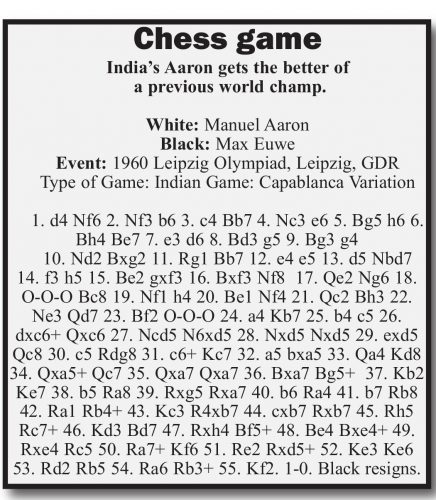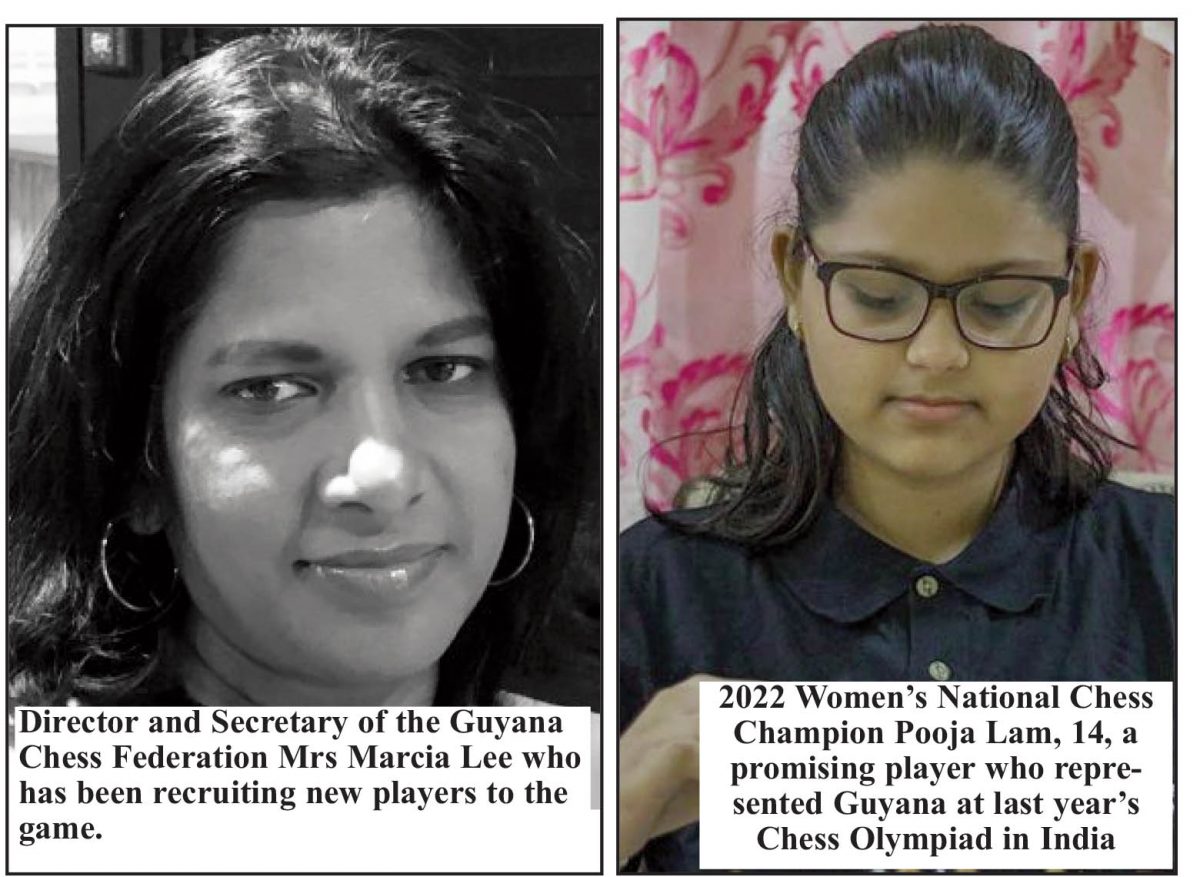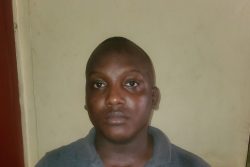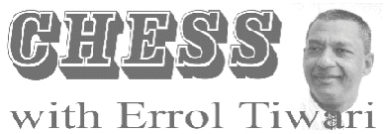 Self-confidence is very important. If you don’t think you can win, you will take cowardly decisions in the crucial moments, out of sheer respect for your opponent. —
Self-confidence is very important. If you don’t think you can win, you will take cowardly decisions in the crucial moments, out of sheer respect for your opponent. —
Norwegian grandmaster and former world chess champion Magnus Carlsen
A popular Guyanese sportscaster used to say, when radio was king, “winning is everything”. Afterward, an overseas commentator refined the statement by insisting “winning is the only thing”. Reaching the top in chess is a herculean task, but we possess the talent, and the will, to do so. It takes dedication and concentration.
Bobby Fischer once noted that preparing for a chess tournament was similar to preparing for a three-hour exam. We have to concentrate on obtaining an International Master certificate.
This should be our aim, our sole anticipation, the constant thought in our minds. Guyana places value on school education, and the general perception is that if you play chess, it would help your studies in logical thinking, mathematics and physics. Surveys have been carried out in those particular areas which demonstrate chess players are better mathematicians and better thinkers.
I believe we can learn from Indian chess. India produced an International Master Manuel Aaron in 1961, who reached a peak FIDE rating of 2415. Aaron ruled chess in India for approximately two decades beating a former world champ in the process before the colossus, Viswanathan Anand, arrived to take over.
India now has 79 grandmasters and counting, in addition to other lesser masters. Only Russia has more grandmasters than India. Chess is now on the school curriculum in some states in India. Obviously, there is something meritorious when chess is attached to a nation’s school curriculum. India has produced a number of international junior champions. When Praggnanandhaa Rameshbabu was ten, in 2016, he became the youngest International Master in the history of the game. Two years later, in 2018, the prodigious master became the second youngest grandmaster ever. At the Airthings Masters in October 2022, an online rapid tournament, Pragg, as he is popularly called, defeated Magnus Carlsen, the highest-ranking chess player in the world.
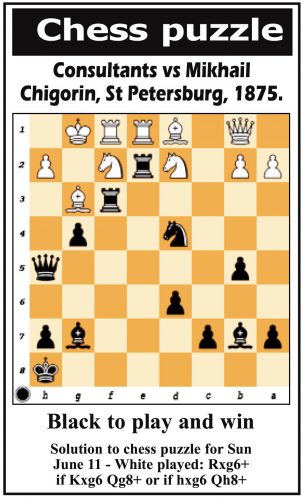 Although we in Guyana do not have chess on our school’s curriculum, we are not content to proceed inchmeal in our quest for titles. Winning more games than the 50% mark to which we are accustomed at the 2024 Chess Olympiad should be our priority. It should be emphasised, almost religiously. The more you win, the harder it becomes to maintain a winning streak. Winners play winners, and losers play losers. But the idea is that we will go as far as we can as a team.
Although we in Guyana do not have chess on our school’s curriculum, we are not content to proceed inchmeal in our quest for titles. Winning more games than the 50% mark to which we are accustomed at the 2024 Chess Olympiad should be our priority. It should be emphasised, almost religiously. The more you win, the harder it becomes to maintain a winning streak. Winners play winners, and losers play losers. But the idea is that we will go as far as we can as a team.
My grandmother used to say, if you aim for the sky you will fall on the treetops. I support Loris Nathoo in the task of increasing our percentage tally. He sits on the board of directors of the Guyana Chess Federation (GCF) and pays keen interest in the kind of progress we are making in chess countrywide. In the Women’s section for the 2024 Olympiad, I see the current national champion 14-year-old Pooja Lam from the West Coast Demerara. She gained my respect following our meet in a Grand Prix qualification tournament at the Providence Stadium. Lam is smart as she is unusual in her manner of playing. I was not surprised when she became national champion and was selected to represent Guyana at the 2022 Olympiad in India. She is one of Guyana’s foremost chess talents.
At the grassroots level Guyana is progressing in chess owing to the diligent work of GCF President Anand Raghunauth, the patience of secretary Mrs Marcia Lee and new addition to the directorship Shiv Nandalall. These three administrators are taking special interest in popularizing the game at the beginners’ level. However, it is crucial that we forge ahead at the top. 